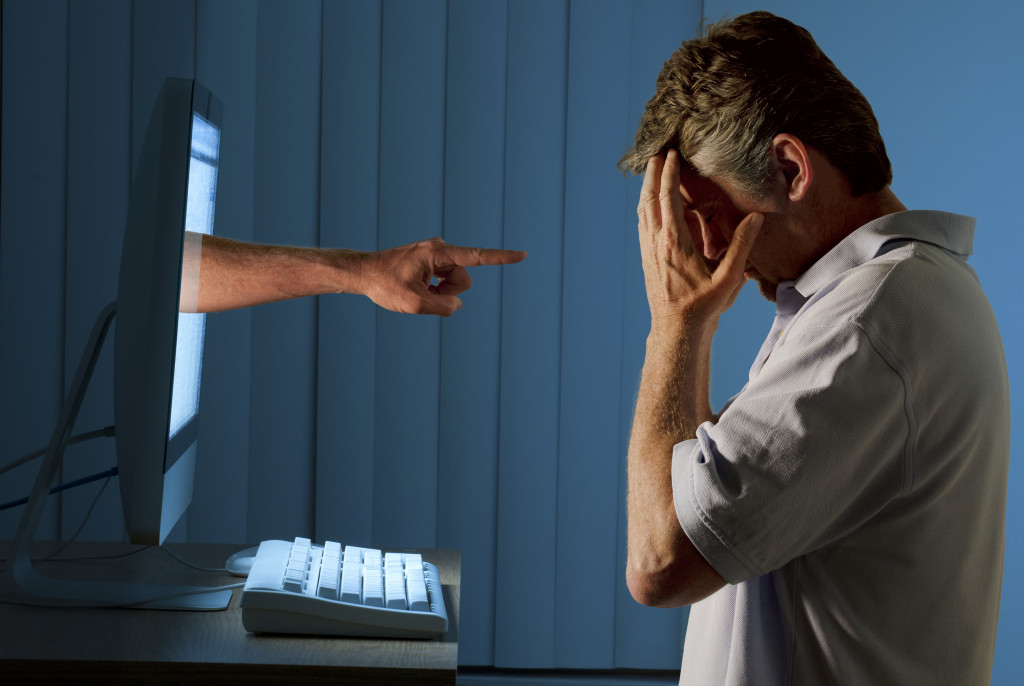The internet has become an integral part of people’s lives, and for many, it is a source of entertainment, connection, and information. However, the dark side of the internet is that it can be used to spread false and damaging information about individuals, businesses, and organizations. Here’s everything you need to know about it.
What is Social Media Defamation?
In the past, defamation was defined as “the publication of a false statement about another person which causes that person to suffer damage to their reputation.” However, with the rise of social media, the definition of defamation has changed. Social media defamation is defined as “the publication of a false statement about another person or entity on social media.”
Social media defamation can have serious consequences for the victim, and in some cases, it can even lead to suicide. This is because the internet is a global platform, and once something is published online, it can be seen by millions of people worldwide.
How to Identify Social Media Defamation
This type of defamation can be difficult to identify because often, the perpetrator will use a pseudonym or fake account. Additionally, social media defamation can be spread quickly and easily, and it can be hard to track down the source. However, there are some telltale signs that you’re being defamed on social media:
Sign #1 You notice that people are avoiding you or treating you differently
If you notice that people are suddenly avoiding you or treating you differently, it could be because they have seen something online that has led them to believe something false about you. This can be very hurtful and isolating, and it can severely impact your mental health.
Sign #2 You are receiving threatening or harassing messages
If you are receiving threatening or harassing messages from someone, they may have published false information about you online to scare or intimidate you. This is a form of cyberbullying, and it is illegal in most countries.
Sign #3 You are being impersonated online
If someone is impersonating you online, this means they are using your name and image to publish false information about you. This can be very confusing and distressing for the victim, as it can be difficult to control what is being said about you.
Sign #4 You notice that your online reputation has been damaged
If you notice that your online reputation has been damaged, it is likely because someone has published false and damaging information about you online. This can be detrimental to your personal and professional life, and it can be tough to repair the damage that has been done.
How to Sue for Social Media Defamation
It’s one thing to practice freedom of speech and expression, but it’s another thing to use social media to spread false and damaging information about someone. If you believe you’re being defamed on social media, you may be able to sue the perpetrator for damages. To do this, you will need to prove that:
1. The statement was false
If you decide to sue for social media defamation, you will need to prove that the statement made about you was false. This can be difficult if the perpetrator uses a pseudonym or if the statement is opinion-based. However, if you can prove that the statement is faulty, winning your case will be much easier.
2. The statement caused you harm
To sue for social media defamation, you will need to prove that the false statement made about you caused you harm. This could be financial harm, such as losing your job or being denied a loan, or emotional harm, such as anxiety or depression.
You can sue for social media defamation in both civil and criminal court, but it is important to note that the burden of proof is higher in criminal court. This means that you will need strong evidence to prove that the perpetrator is guilty beyond a reasonable doubt.
3. The person who made the statement acted with negligence or malice
To sue for social media defamation, you must prove that the person who made the statement acted with negligence or malice. This means that they either knew that the statement was false or made the statement without caring whether it was true.
If you can prove all these, you may be able to sue the perpetrator for damages. However, it is important to speak to a lawyer before taking any legal action, as they will be able to advise you on the best course of action for your particular case.
Once you’ve filed the lawsuit, it’s essential to go through the service of process to ensure that the person you’re suing receives notice of the case and has a chance to respond. After that, it will be up to the court to decide whether the defamation was malicious and warrants damages.
The Bottom Line
Cyberbullying is a growing problem in modern society, and it can have serious consequences for the victim. Especially with the prevalence of social media platforms as the primary means of communication in the digital age, it’s essential to be aware of the dangers of defamation.
So, if you think that you may be a victim of defamation on social media, don’t hesitate to speak to a lawyer about your options. You may be able to sue for damages and get the compensation you deserve.





